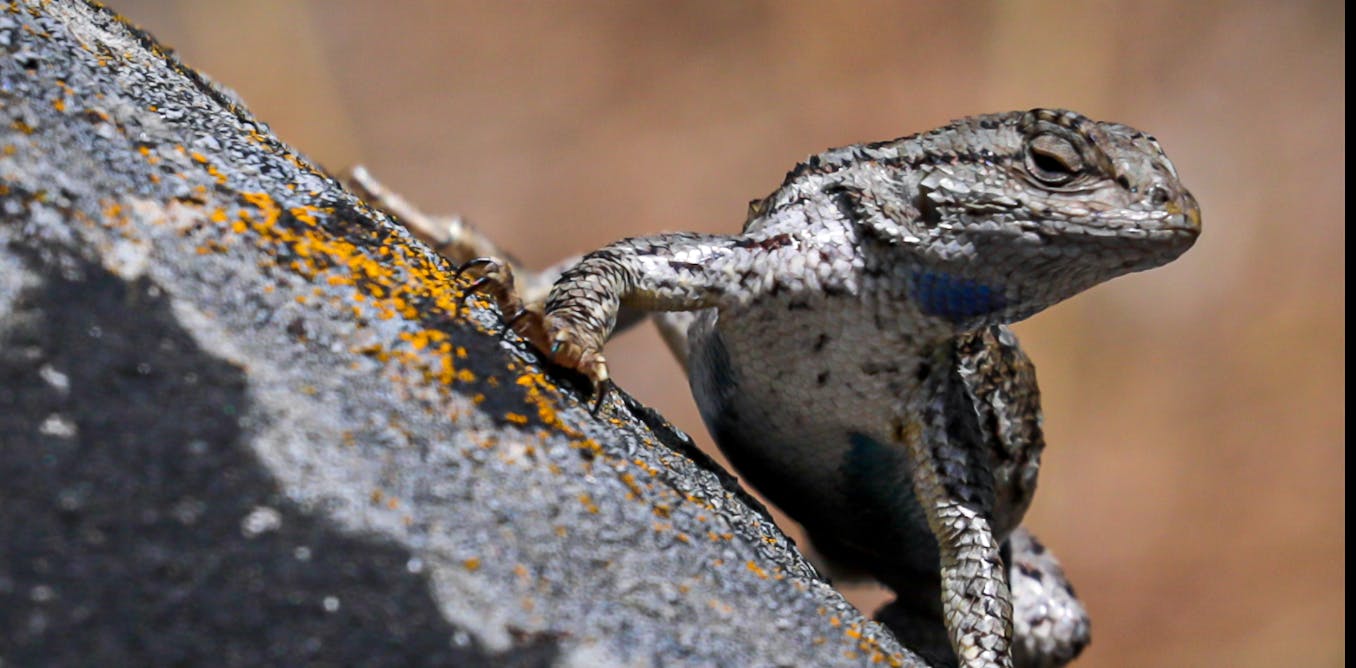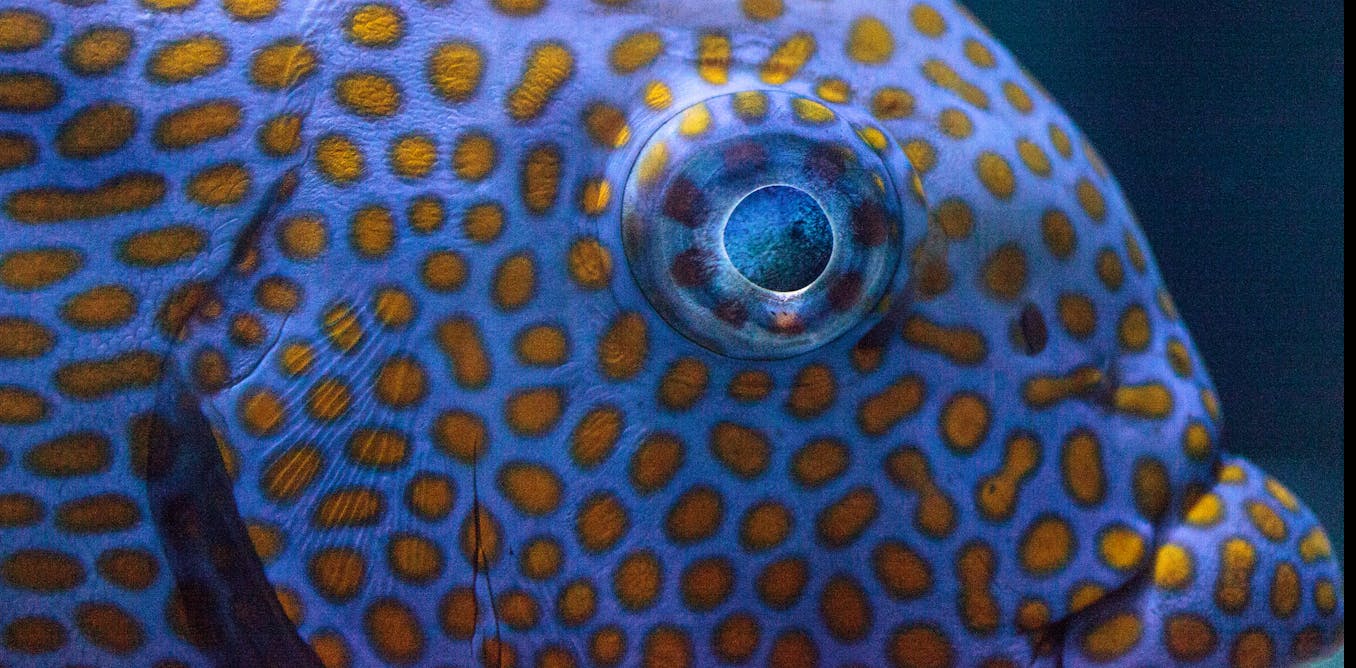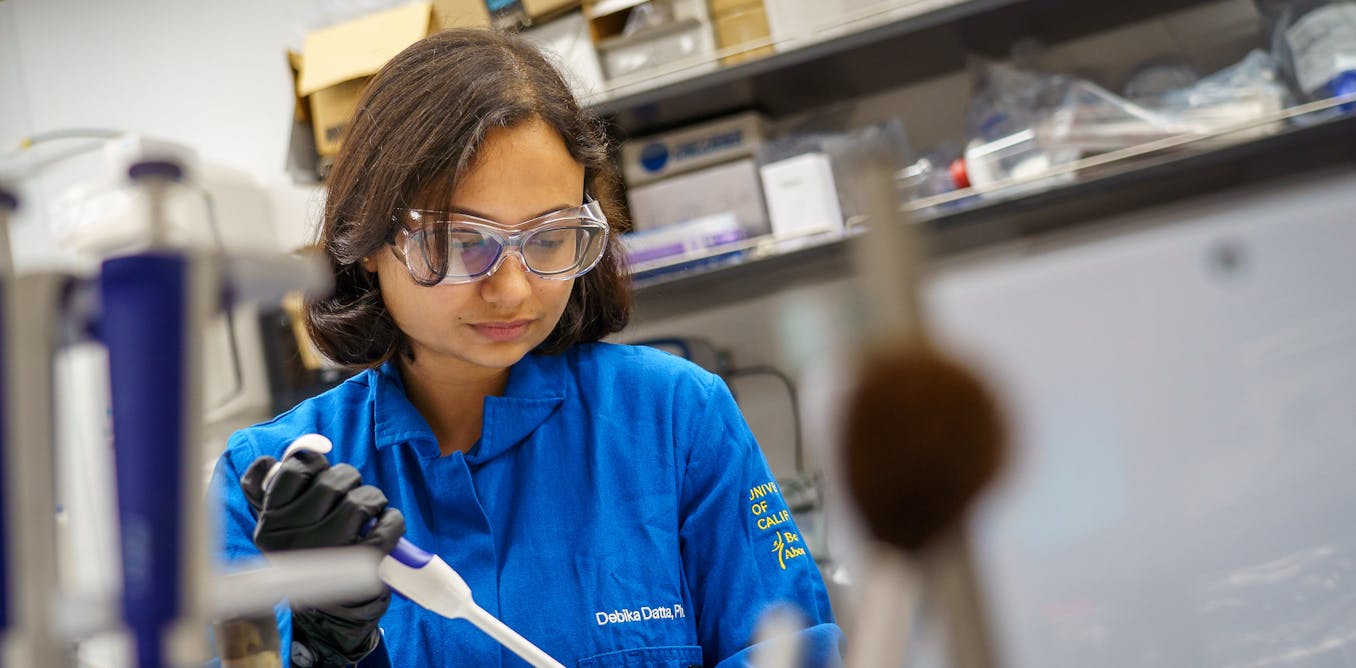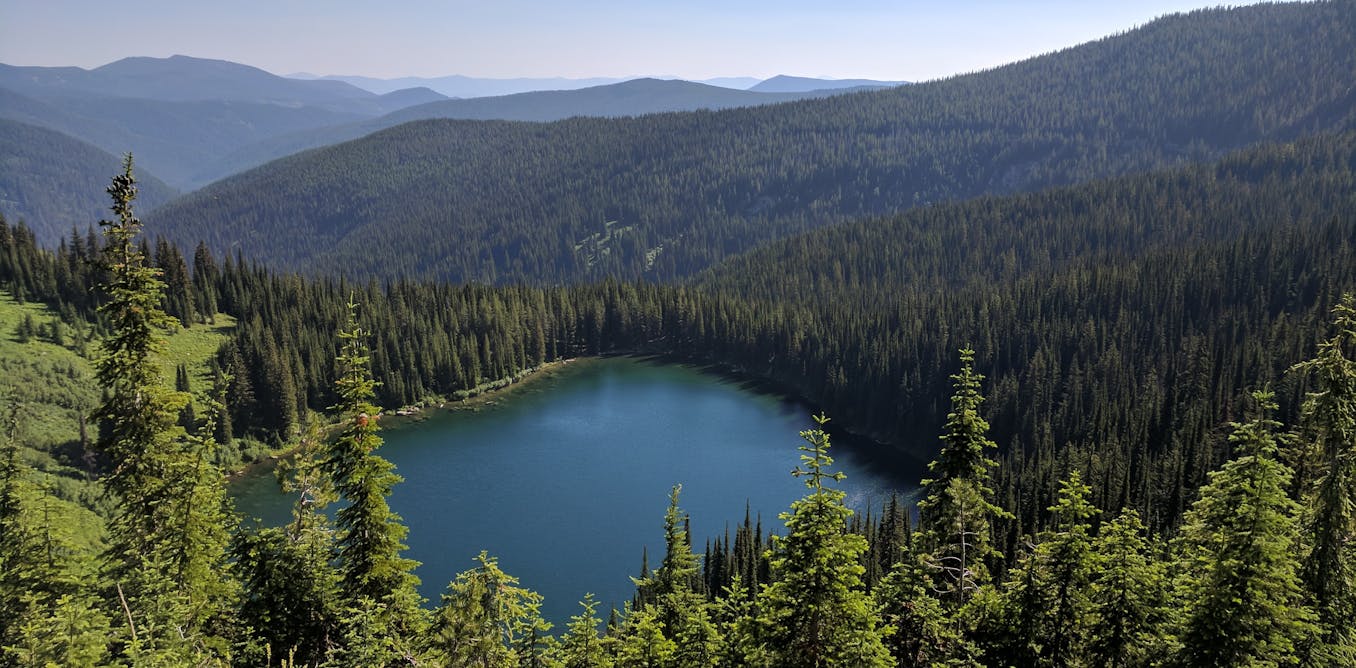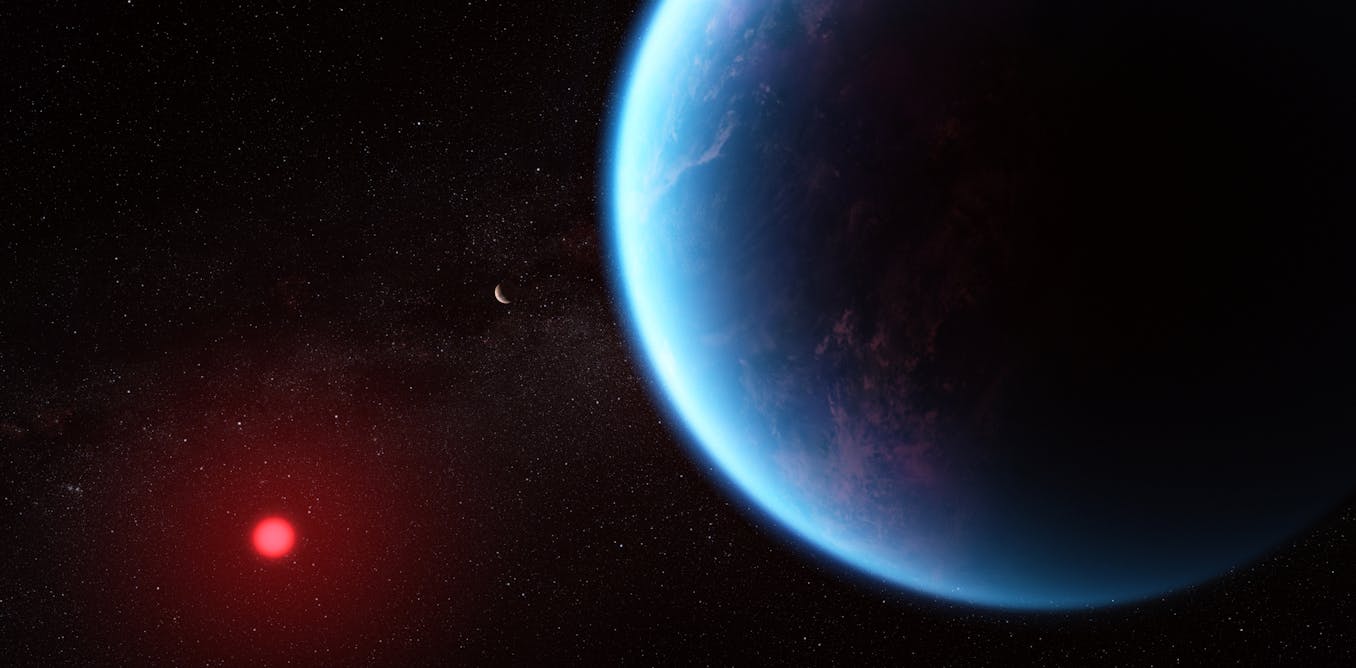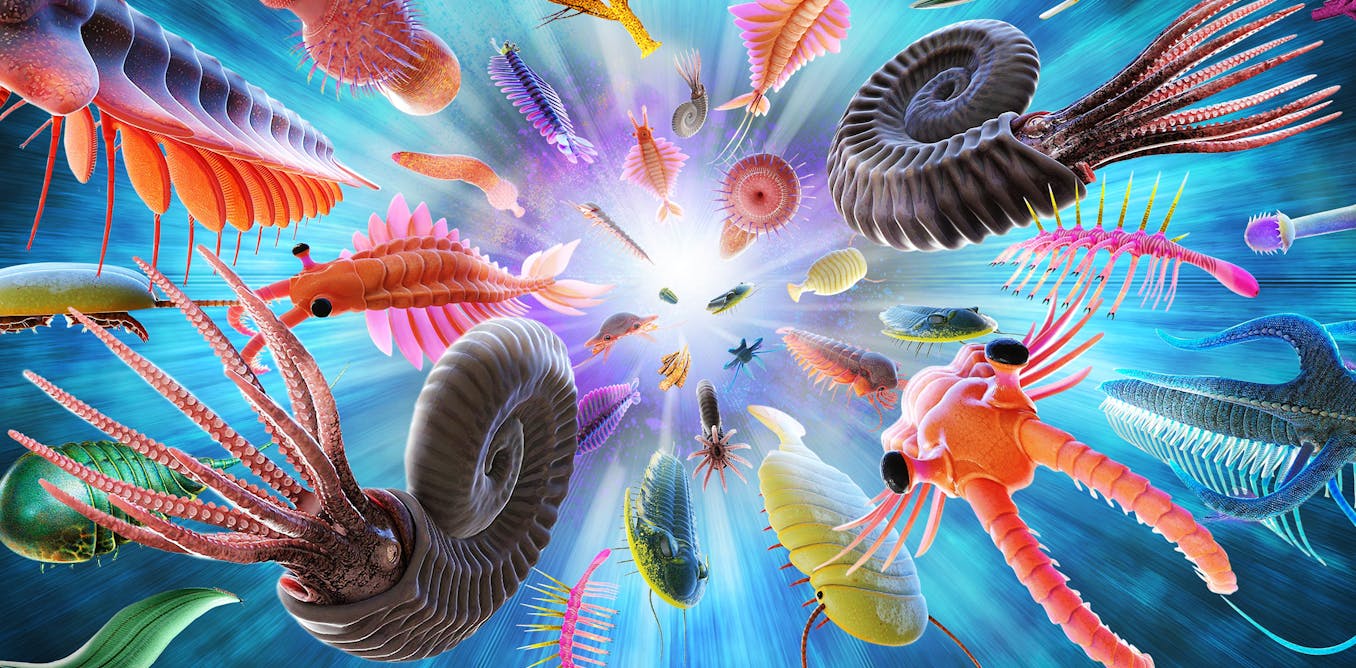Lizards, fish and other species are evolving with climate change, but not fast enough
From dark dragonflies becoming paler to plants flowering earlier, some species are slowly evolving with the climate. Evolutionary biologists explain why few will evolve fast enough.
Nov. 21, 2023 • ~10 min

